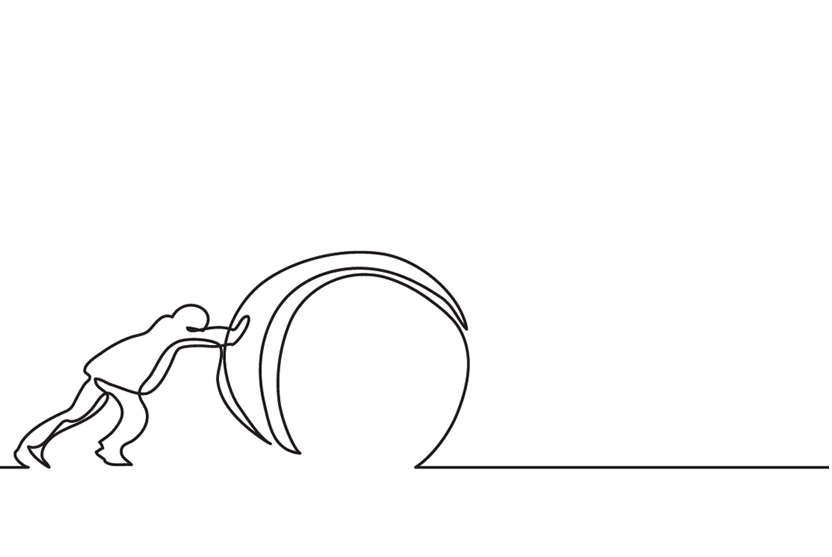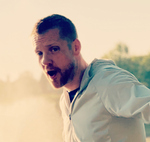I used to think I just needed more discipline.
Ok, I did need more discipline.
But I needed more than discipline.
It takes a tremendous amount of willpower to exercise discipline in a moment of temptation.
At the end of a long day, that tub of ice cream is calling your name from the freezer just as your reserve of willpower is at its lowest.
It's no wonder we give in.
Or maybe it's not ice cream for you. Maybe it's something like exercise you're trying to be more consistent with.
That fight won't be won in the moment either.
The key is to set up an environment where less willpower is required to do the right thing.
If there's no ice cream in the freezer, you're likely not going to drive to the nearest Publix or Kroger and pick up a pint to satisfy your craving.
The friction of having to find your keys, change into clothes suited for wearing in public, put on your shoes, drive to the store, find the ice cream, checkout and head back home is likely more trouble than its worth.
So you skip the ice cream.
The battle was won a week ago at the grocery store when you opted not to stock the freezer with ice cream, not at the end of the day when you're struggling to keep yourself from indulging.
Likewise, having to dig up your running shorts, dri-fit shirt, and running shoes first thing in the morning and then selecting which route to run might just be enough to keep you from doing it at all.
If instead you lay out your workout clothes and pick a route the night before you want to run, the likelyhood of you rolling out of bed and slipping into your running shoes the next morning goes up dramatically.
You can almost do it without thinking.
And that's the point.
The hardest part is getting started.
We need to reduce the friction in our environment around the things we want to do more of and increase friction around the things we want to avoid.
One of the most impactful books I've read on the subject is James Clear's Atomic Habits.(paid link)
In the book, he calls environment "the invisible hand that shapes human behavior".
I use the examples of avoiding ice cream and sticking to a workout routine because they are easy to relate to for most people, but the principle applies to any type of behavior change.
James Clear calls out these other suggestions in his book:
- Leave your guitar on a stand in the living room if you want to practice more
- Keep a stack of stationary on your desk if you want to send out thank-you notes more regularly
- Fill up a few water bottles every morning and place them in common locations around the house if you want to start drinking more water
And the list could go on...
The point is this:
Willpower alone won't cut it.
We need to make intentional changes to our environment to support the outcomes we want.
If we do, we'll find we don't need a ton of willpower.
A small investment of time up-front (when willpower is high) to craft an environment that supports your goals will pay off time and time again.
Save your willpower for where it's really needed.
Then you can use it to lean in and push things forward!
As they say, "an ounce of prevention is worth a pound of cure".
Consider the act of setting up your environment your "ounce of prevention" and enjoy how natural and frictionless developing new habits can become.


